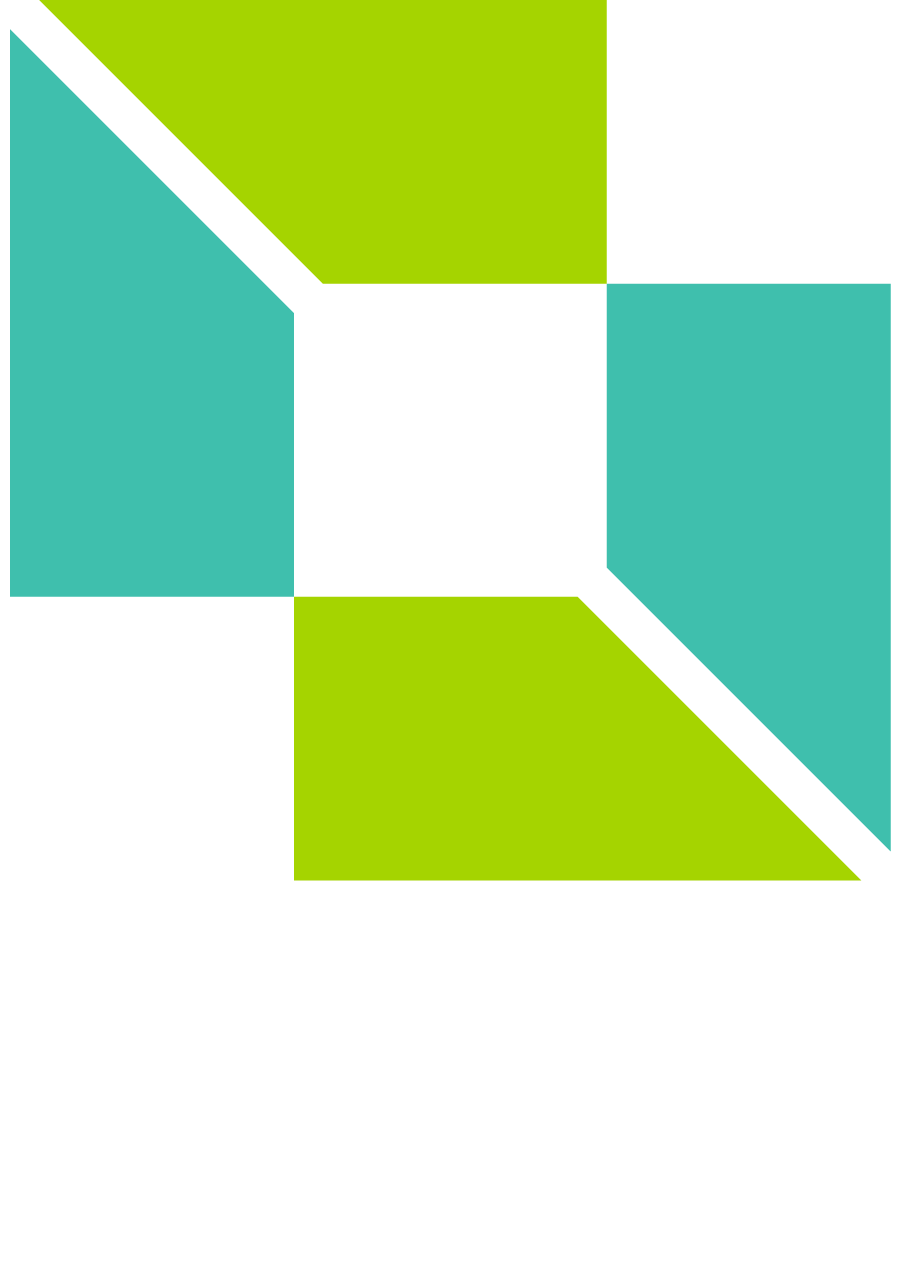Faculty Interview: Dr. Hakeem
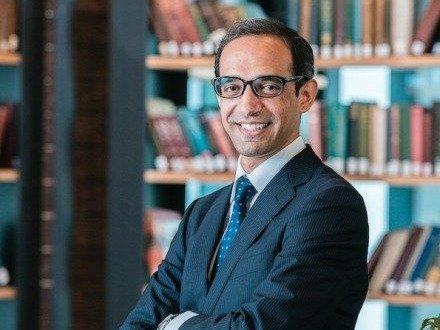
Dr. Hakeem, PhD Tohoku University (Japan)
Today we are joined by Dr. Hakeem, an associate professor at NUCB Graduate School of Management.
He earned his doctorate and master degree from the Graduate School of Economics and Management, Tohoku University, Japan, and attended Harvard Business School (HBS), Harvard University for Executive Education.
His professional experience includes work in Investment Management, Financial Consultancy, Education, Training, and Career Counseling in different organizations.
He currently teaches International Management, International Business, Doing Business in Japan and Case Writing Seminar.
What attracted you to become a faculty of NUCB?
NUCB is undoubtedly among the few universities in Japan with a diverse base of students and faculty members. I was intrigued by the multicultural learning and working environment at the institution. The active learning methodology and the use of case studies create distinct settings that enable students and faculty members to interact and explore out-of-the-box concepts.
Can you tell us about your research projects you are currently working on?
My field of research is network sciences and its applications in economics and finance. Currently, I am working on projects related to trade and international business. Further, I am working with my collaborators on themes related to regional development and sustainability.
Why do you think the Case Method is beneficial for Global BBA students compared to a traditional method of learning? What kind of student thrives on campus?
I strongly believe that the case method is more beneficial for Global BBA students as it follows a unique learning process.
Students familiarize themselves with case information before the class and discuss their analysis of the situation and possible solutions with their fellows during the session.
Contrary to the traditional style of teaching in which instructors teach by explaining the theories and frameworks, the case method allows students to apply the theoretical concepts in real-world scenarios. The class discussion allows students to probe, confer and debate case scenarios, strategies, pitfalls, and triumphs. Participants experience and embrace the diversity of arguments and uncover the path leading towards mutual consensus.
A diverse student body in interests, skillset, cultural and geographical backgrounds is the foundation of the NUCB experience. Studenwho are prepared to interact with, confront and engage their peers and instructors intellectually are the best fit to join and eventually succeed not only in their studies but professional life as well.
What did you take away from your time at Harvard for their Executive Education?
I had the pleasure of attending an "Executive Education Program" at Harvard Business School. The time spent at HBS was an incredible living and learning experience that enriched my academic life.
Renowned HBS faculty members crafted the executive program to facilitate participant-centred learning methods. The program enabled me to employ innovative tools and techniques in courses and the classroom. I have adopted new tools, techniques, and strategies for teaching cases and established means to connect with students efficiently and effectively.
One of the most popular courses on the program is “Doing Business in Japan”. What can students expect to learn in this course? What will be the future outlook for international students wanting to stay and work in this country?
The "Doing business in Japan" course was developed for first-year students to introduce Japanese businesses and the work environment.
It covers areas from the history of Japanese business and economy to the operations and characteristics of major organizations.
We discuss attributes of Japanese corporate culture, work environment, and decision-making processes - from traditional to contemporary approaches - for innovation and growth within large organizations.
We explore the evolution of the startup ecosystem, the scale and scope of new ventures, and opportunities for foreign workers by using relevant case studies and articles.
I am optimistic about the future of work for foreign graduates in Japan as the Job to applicant ratio is increasing significantly, meaning there are more jobs in the country and fewer applicants.
For the final project, students are tasked to write their own case study rather than a thesis. What are your impressions of a case vs a thesis/dissertation?
Case studies provide students exposure and equip students with knowledge related to corporate decisions.
Compared to the thesis, cases offer examples of strategies considered, experiments undertaken, and consequences experienced by other organizations and provide cautionary tales.
The cases have shown to be particularly beneficial for distinctive kinds of learning that focus on analytical skills and decision-making.
Case writing allows students to practice the application of their knowledge, skills, and understanding to develop a narrative examining a corporate or social phenomenon. The writing process encourages communication and connection between academics, corporations, institutions, and communities.
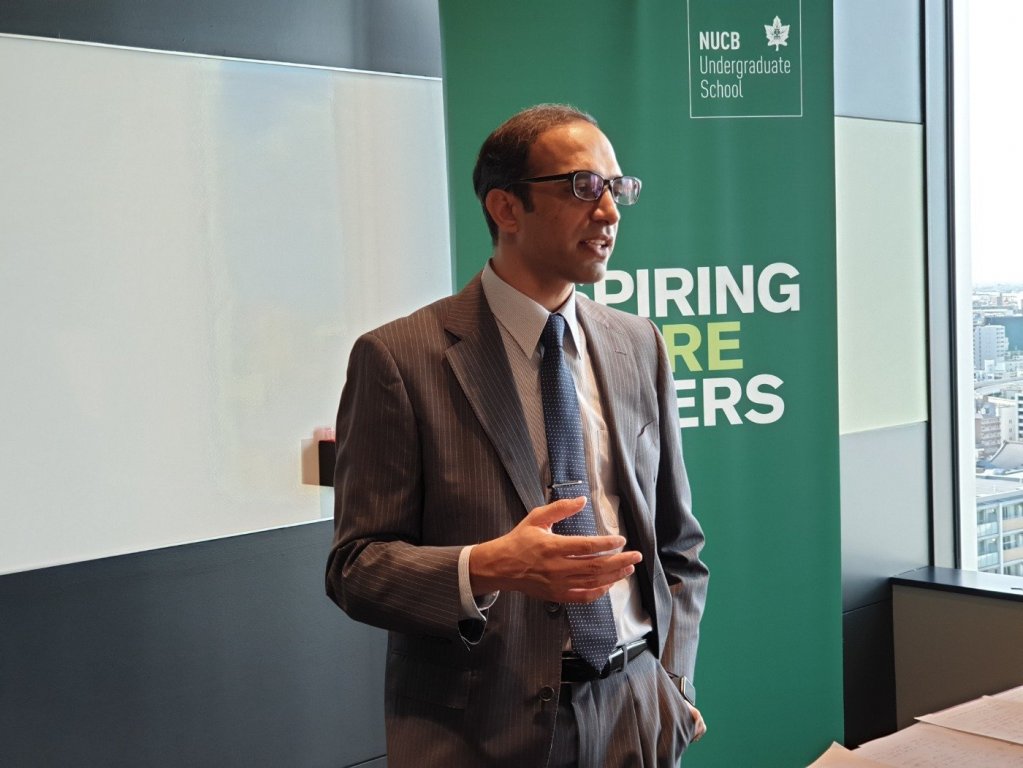
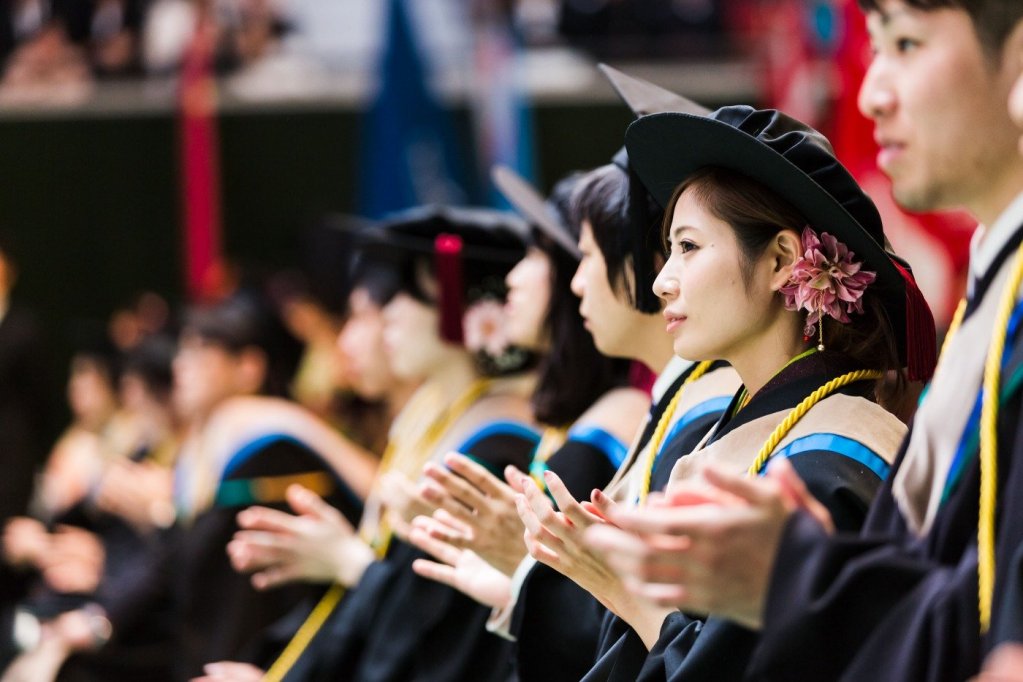
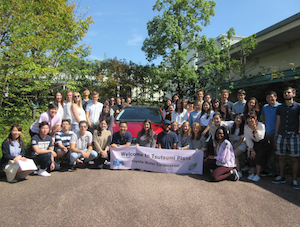

 Download
Download
 Infosession
Infosession
 Application
Application
 Open Campus
Open Campus
